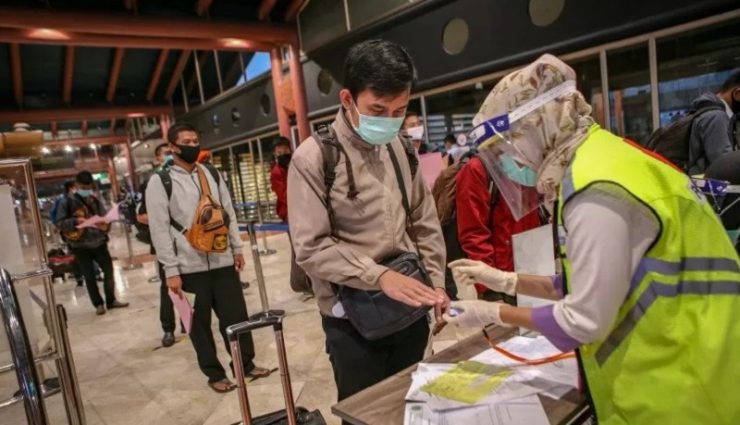THE non-aeronautical business and medical services at the airport can be a potential long-term income for airport operators depending on the service strategy to be carried out.
According to aviation observer from the Indonesian Aviation Network, Gerry Soedjatman, the strategy of increasing non-aeronautical revenue has indeed been carried out for a long time by both PT Angkasa Pura I and PT Angkasa Pura II. Starting from the logistics, property, retail and hospitality sectors. However, recently with the development of the pandemic crisis, a potential health center has emerged that has never been considered before.
“Now, with the pandemic, health center facilities are quite potential because passengers, rather than having to bother choosing clinics and emergencies, are better at testing at airports. Health center can be long term with an increasingly important role in health in the future. They [operators] will change their health service strategy in the long term, “he said.
In fact, Gerry also believes that the quarantine obligations that apply to international passengers can also be another potential that airport operators catch. Airport passengers may choose to do quarantine by utilizing hotel facilities at the airport.
According to him, this non-aeronautical income will indeed be able to match the aero business, but it seems unlikely that it will dominate more because the airport business must still be the main one. However, what is clear is that the non-aeronautical business can increase considerably when Aero’s revenue drops in the low season. Moreover, in the future, operators must also be prepared to face other potential epidemics that may spread beyond COVID-19.
“If there is another pandemic in the future, cook it will not fly again. If you want to survive or survive, you must diversify that is not too far from the core business to be able to absorb most of the income from situations that impact travel,” he added.
Gerry also projects that another potential non-aero business line apart from health center is logistics. He hopes that the two state-owned operators must start improving the logistics business model, which currently has shortcomings.
Among them are logistics support facilities at the airport, namely cargo warehouses to easy loading and unloading. Cargo potential, he stressed, is still tight, seeing that the data on cargo flights carried by scheduled commercial aircraft has reached 90% compared to 2019. [bisnis.com/photo special]
















